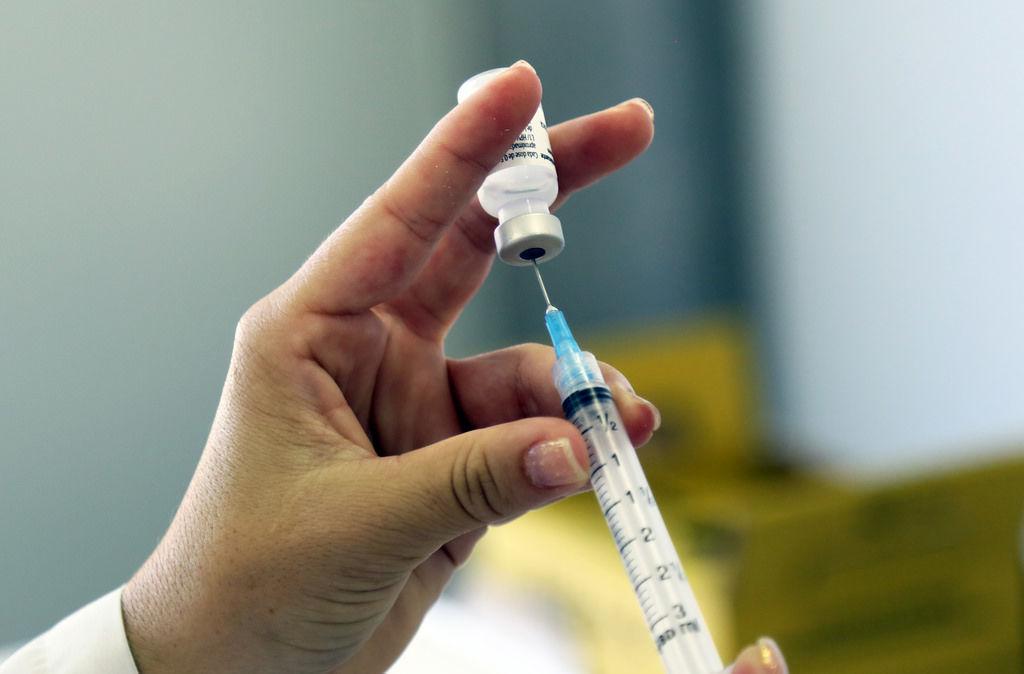Many can remember the serious outbreaks of measles, mumps and rubella from 2016 to 2017 on college campuses and other close-knit community areas. Hundreds of children and adults fell ill. This was due to under-vaccinations or no vaccinations at all, making the disease spread like wildfire in these areas.
According to the Center for Disease Control and Prevention, vaccinations are quite important and can mean the difference between life and death for some. From the middle of the last century, thousands have contracted and died every year from diseases like whooping cough, polio, measles, the flu and rubella.
After preventative vaccinations were created, many of these diseases became almost nonexistent in the U.S. However, they haven’t disappeared altogether, which can still lead to outbreaks like the one we saw over the last year or two.
It’s important to vaccinate one’s children and one’s self, or you could be the one who starts an epidemic.
Many anti-vaxxers refuse to vaccinate themselves or their children due to the disillusions and myths stating vaccinations carry mercury agents or can cause autism. Studies show there haven’t been any mercury agents in vaccinations since the year 2000, and there are absolutely no links between the MMR vaccinations and autism.
Even if there were links between the MMR vaccination and autism, hypothetically, it’s quite horrible to have your child almost die than have the less than 1 percent chance of having autism.
Every parent can raise their children how they want, but it’s not right when one parent’s choice can not only harm their children, but others, as well. It’s important to stay updated on vaccinations, especially in large communities like cities, campuses and other tight spaces. Those are breeding grounds for disease.
Some parents may like to go all-natural to get away from synthetic or chemical intake, which can work for many ailments, but can only go so far. Once they themselves or their children catch an awful disease, they may want to change their minds.
According to the CDC, diseases are proven to make a comeback in places with low immunization administration. This happened in Japan, with a rise in cases of whooping cough.
In 1974, 80 percent of the population received the vaccination, and only 393 cases were reported in that country. In 1979, immunization rates dropped to about 10 percent in children, which ended in more than 13,000 children contracting whooping cough and 41 dying.
Vaccinations protect the people around us. The CDC also reports some may be unable to get certain vaccines, may have failed to respond to a vaccine or might be susceptible for other reasons. Getting vaccinated can save their lives.
Even if a disease seems like it’s nonexistent, that doesn’t always mean it’s completely gone. The U.S. is fortunate to have low disease rates compared to other countries, because many of us get vaccinations. Don’t let the low disease rates fool you. One should always stay updated with their vaccines.
Getting vaccinated helps the community no matter how one slices it. Diseases can bounce back in full force within a handful of years, causing epidemics and deaths. Don’t fall into the trap of disillusionment. If you haven’t already, go get vaccinated. It can save your own health, and the health of those around you, as well.
Abigail Varnado is a 22-year-old English senior from Amite, Louisiana.








